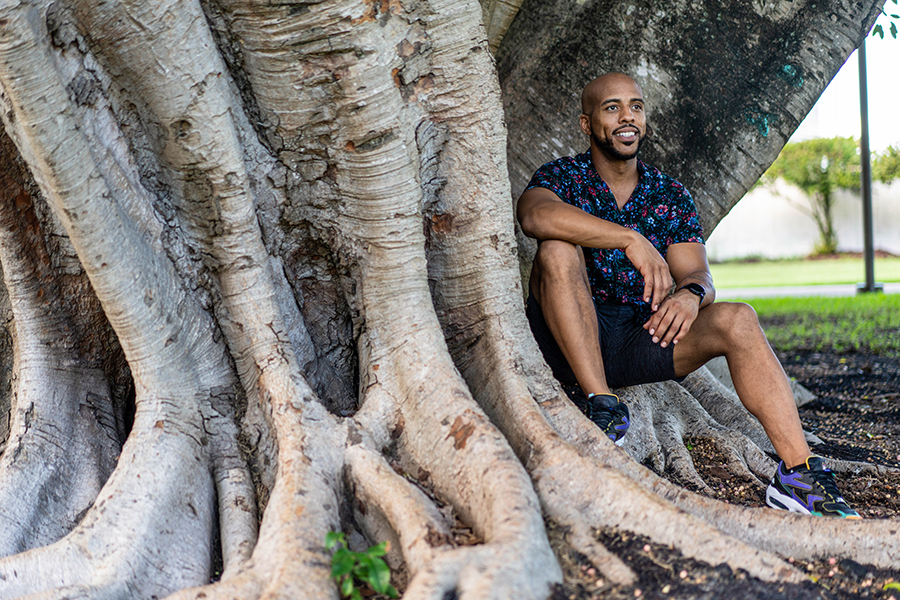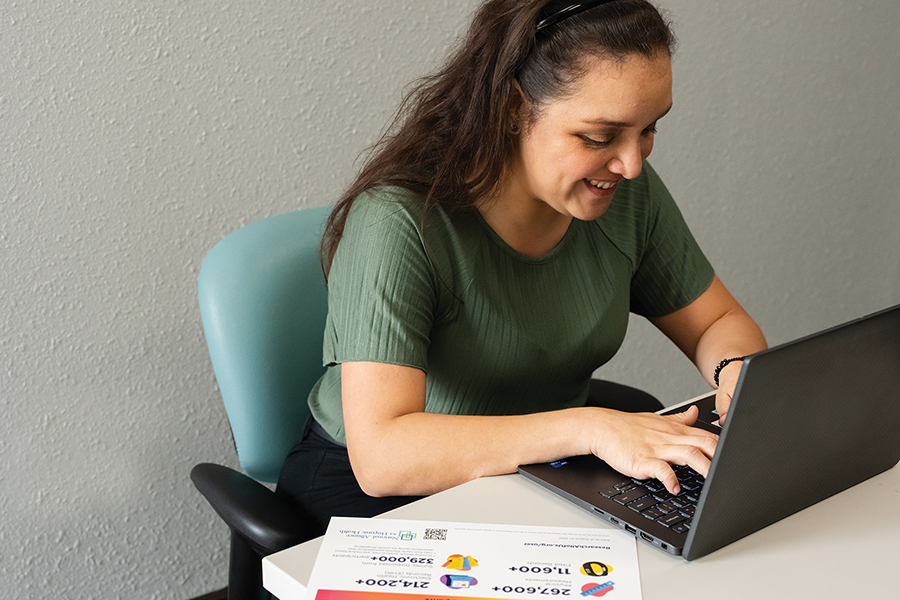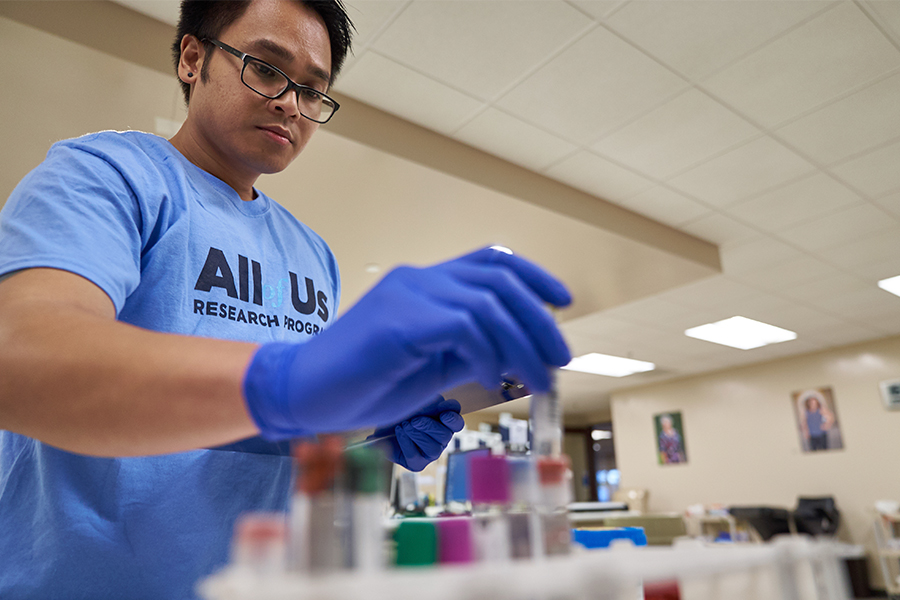All of Us works with collaborators on partnered research opportunities (sometimes called “ancillary studies”) that create additional ways for researchers and participants to expand the All of Us dataset. Built on top of the program’s core protocol, these studies deliver additional value to participants and add more data to the Researcher Workbench. They also help the program and its collaborators achieve their scientific goals more efficiently than would be possible on their own.
As All of Us considers ideas for partnered research opportunities, we give preference to proposals that resonate with our goals and core values, are responsive to participants’ priorities, and align well with ongoing activities.
Currently, All of Us is accepting proposals from NIH Institutes, Centers, and Offices. Researchers outside of the NIH will be able to submit proposals in the future. More details for prospective partners will be available then.
Questions? Contact AoUAncillaryStudies@od.nih.gov.
Ongoing Studies

Environmental Health and Exposomics
With support from the National Institute of Environmental Health Sciences, researchers are testing over 5,500 stored blood samples from All of Us participants to assess environmental exposures and their interactions with genomic and behavioral health factors. While this project will generate data that could be used to study a wide range of diseases and health conditions, it will include a deeper investigation of environmental exposures of participants with type 2 diabetes. Type 2 diabetes was chosen as a focus for this study due to its high prevalence in the United States and known associations with environmental factors.
This study is not currently seeking participants for enrollment. All of Us participants will receive information about the environment and health as this study continues.

Exploring the Mind
Supported by the National Institute of Mental Health, Exploring the Mind is a set of activities to help researchers make connections between health factors and behavior. All of Us participants are invited to complete short exercises and puzzles that measure attention span, decision-making, response time and accuracy, and the ability to recognize emotions. The goal of the project is to add objective behavioral health data to the All of Us database. New activities may be added over time.
Participants may access the Exploring the Mind activities at https://joinallof.us/exploremind.

Nutrition for Precision Health, Powered by the All of Us Research Program
Nutrition for Precision Health (NPH) is an NIH-wide effort supported by the NIH Common Fund to discover how people’s genes, culture, and environments affect how they respond to food. That knowledge may one day allow researchers to tailor diets to individuals and improve overall health. The study aims to enroll 10,000 All of Us participants living near NPH study sites who will share information about their diets, complete health tests in person, and provide additional samples for analysis. Researchers will use that information and other participant data to develop algorithms that predict individual responses to food and dietary patterns.
To learn more about participation in NPH, visit https://nutritionforprecisionhealth.org/.
Completed Studies

Antibody Testing for COVID-19 Research
All of Us has supported several efforts to advance research on COVID-19. In this ancillary study, funded by the National Cancer Institute, researchers analyzed more than 24,000 stored blood samples contributed by program participants. The researchers’ aim was to learn more about how SARS-CoV-2, the virus that causes COVID-19, spread in the early days of the U.S. epidemic. The research team found evidence of SARS-CoV-2 infections in five states earlier than had initially been reported. Their study, published in Clinical Infectious Diseases, expanded on findings from a prior Centers for Disease Control and Prevention study that suggested SARS-CoV-2 was present in the U.S. as far back as December 2019.
To learn more about this study, see Antibody Testing for COVID-19 Research.